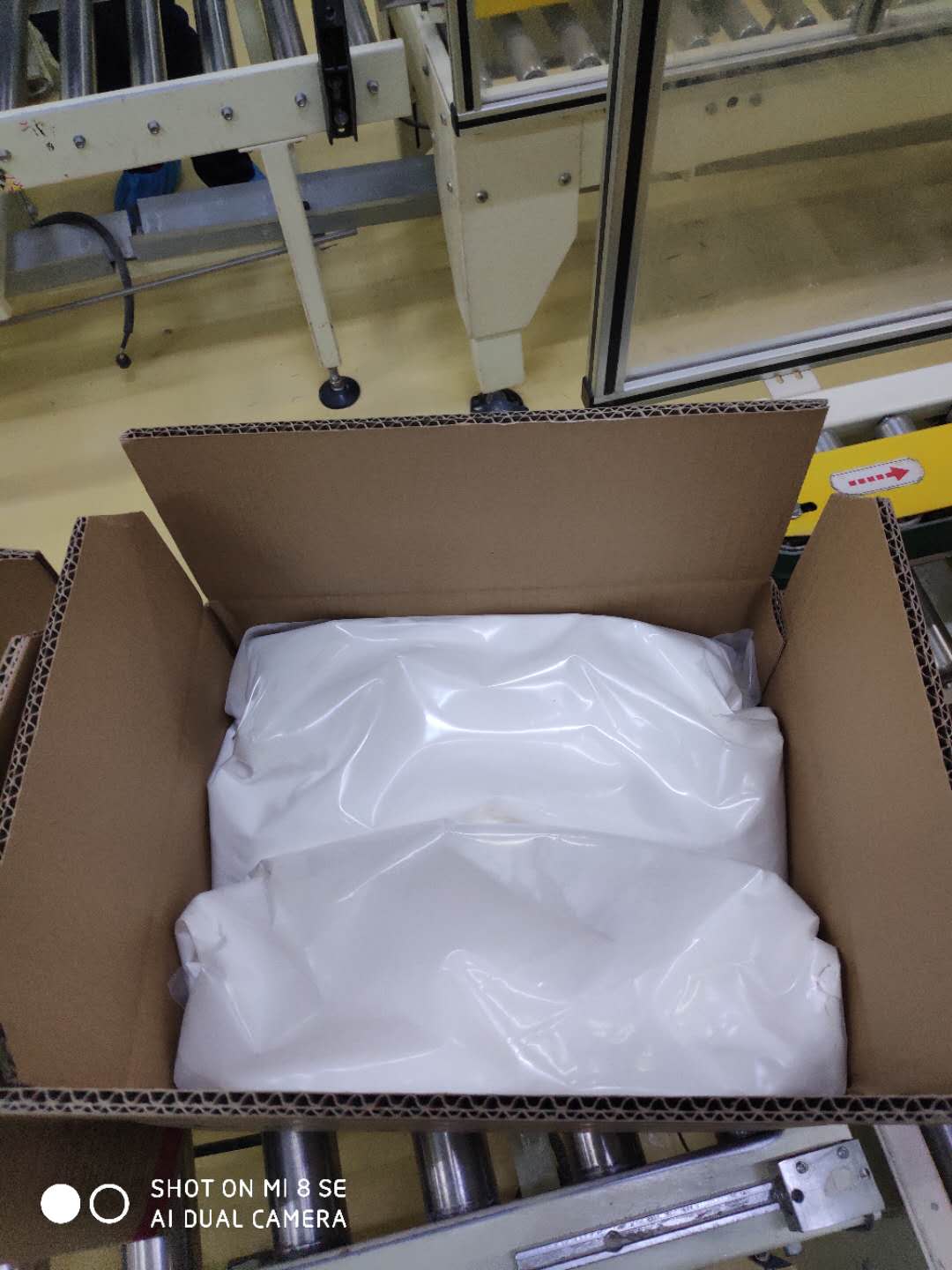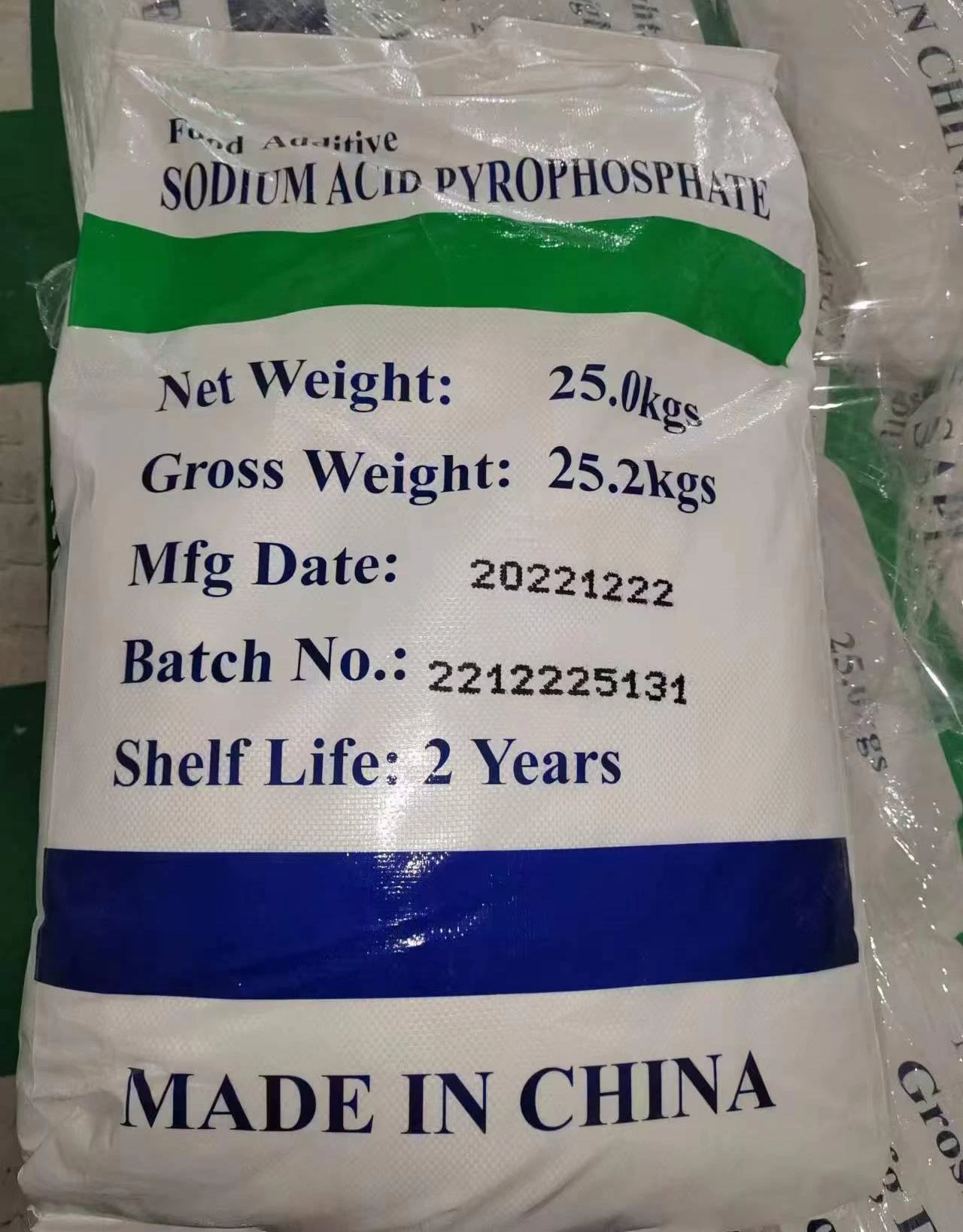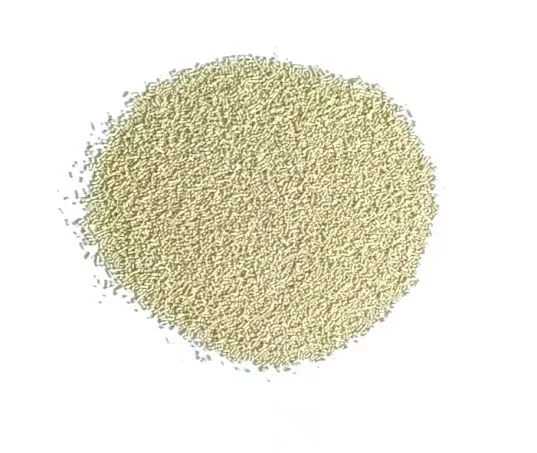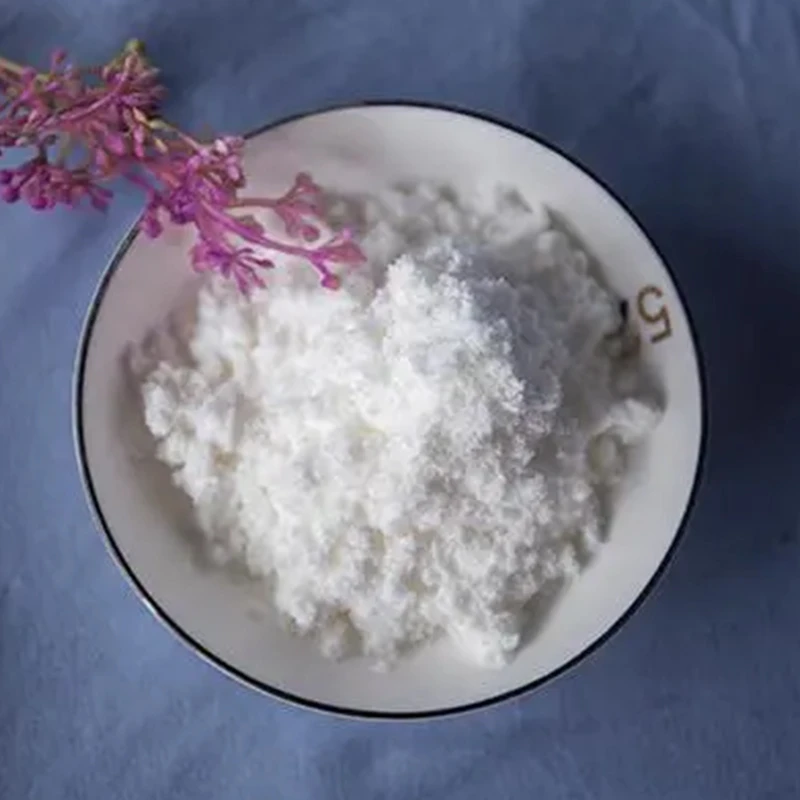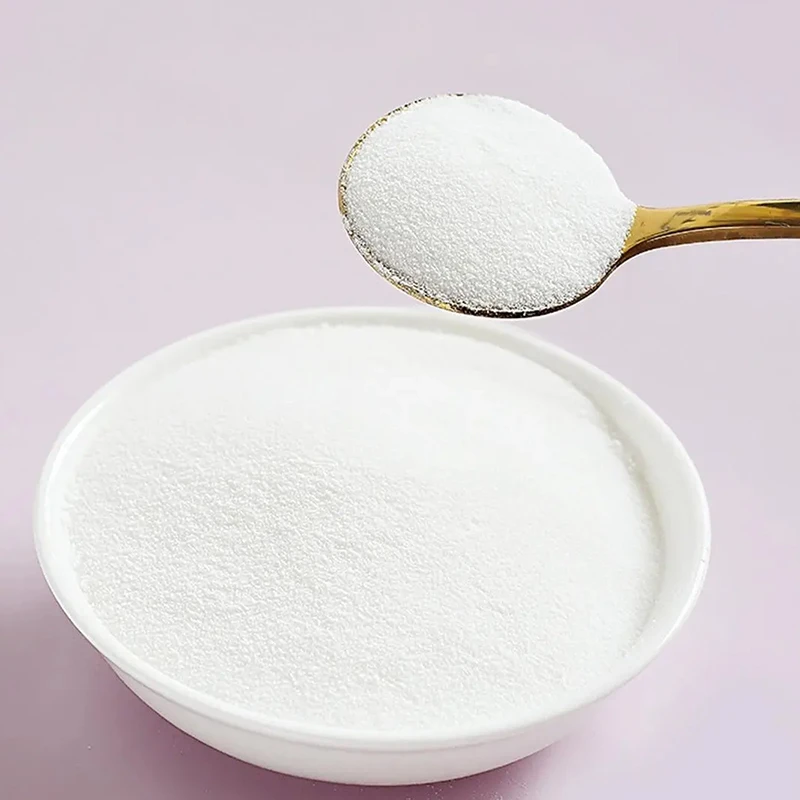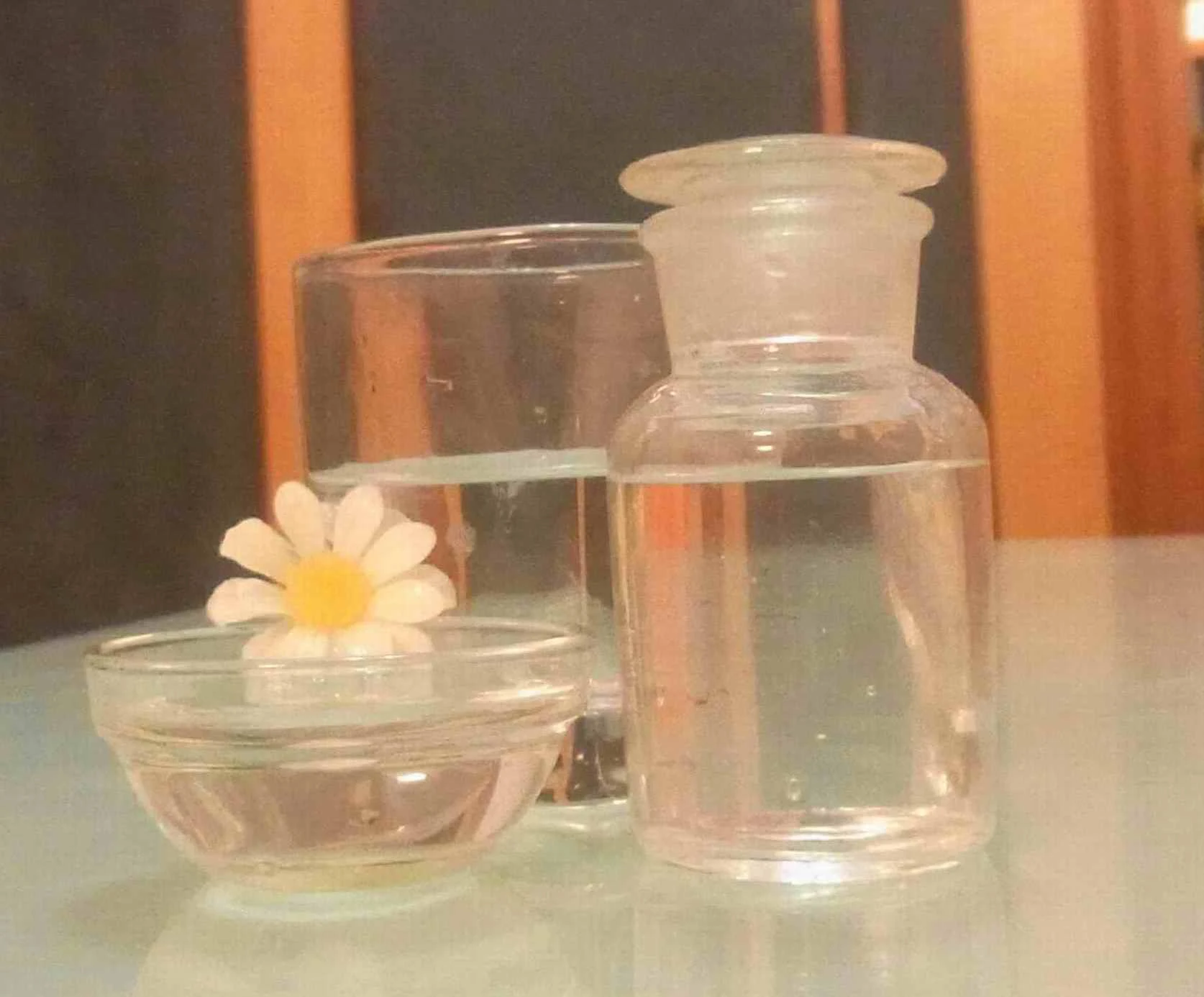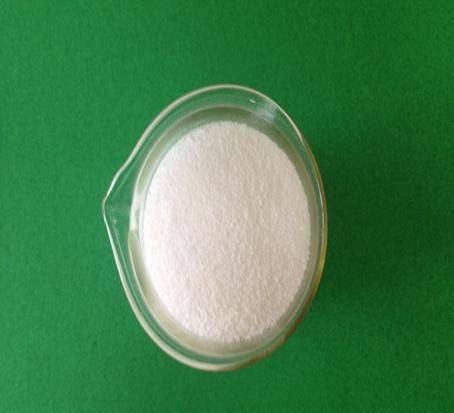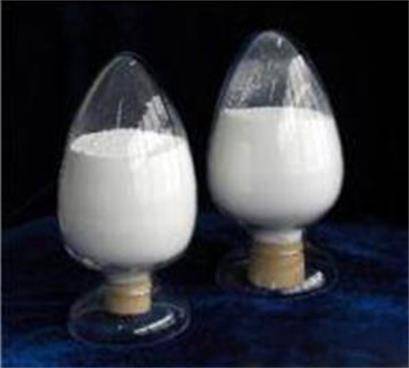1. Sodium Alginate Bulk: Executive Overview & Industry Dynamics
Sodium Alginate (CAS No. 9005-38-3)—known as natrium alginat, na alginate, or algin sodium alginate—is a naturally occurring polysaccharide derived from brown seaweed (Phaeophyceae). Renowned for its exceptional sodium alginate powder properties including viscosity modification and gel-formation (especially in reaction with calcium ions), it is critical to multiple industries such as food & beverages, pharmaceuticals, textile printing, and water treatment.
Market analytics indicate robust growth for sodium alginate bulk—the global alginate market reached US$923 million in 2023 (Grand View Research) with CAGR expected at 5.7% through 2030, driven by surging demand for food thickeners, medical dressings, and green manufacturing alternatives.
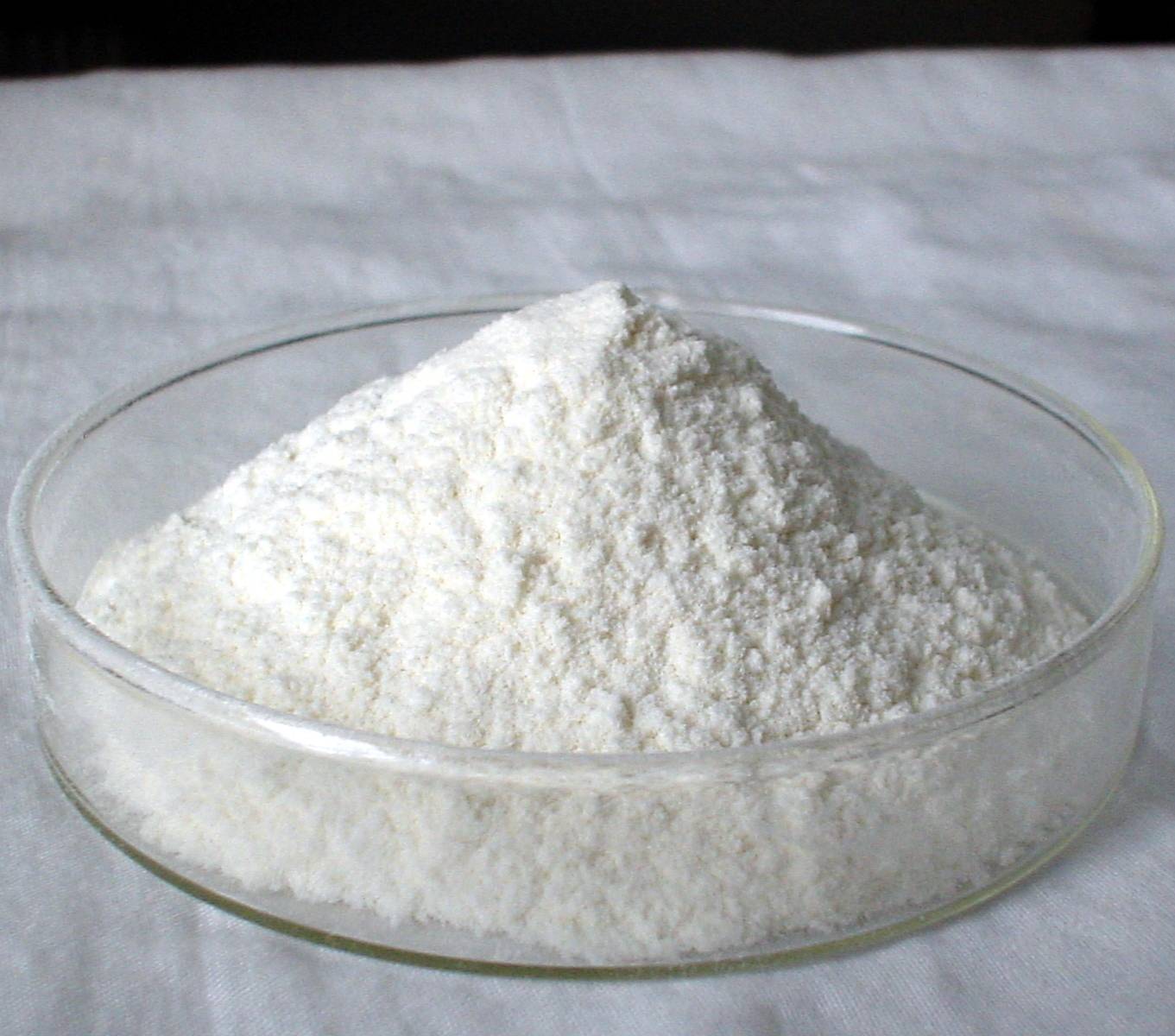
- Technological Advancements: Enhanced extraction, purification & custom formulation capabilities.
- Key Regions: China, Norway, United States, Japan (main production & consumption centers).
- Increasing FDA (21 CFR 184.1724) & ISO 9001-certified manufacturers.
- Alginates are used in synergy with calcium chloride for spherification and controlled gelation applications.
For pricing & procurement of sodium alginate bulk with verified certifications and consistent supply chain, visit China's leading manufacturer page.
2. Sodium Alginate Bulk Manufacturing Flow: Process Diagram & Key Stages
sodium alginate bulk is manufactured through a technologically advanced multi-stage process, ensuring high purity and robust physicochemical characteristics suitable for stringent industrial and food-grade requirements.
- Material: Macrocystis pyrifera, Laminaria saccharina, Ascophyllum nodosum, etc.
- Process: Alkaline extraction, calcium precipitation, acid conversion, and sodiumification.
- Machineries: Stainless steel reactors, industrial centrifuges, vacuum dryers (to ISO/ANSI standards).
- Testing & Standards: ISO 9001:2015, HACCP (food-grade), ASTM E2347-18 (hydrocolloids purity), FDA 21 CFR compliance.
- Average Lifespan: 2-3 years (sealed, dry storage,
In essence, the advanced sodium alginate for sale process ensures optimal viscosity, purity, and gel strength, accommodating the varied specs of pharmaceuticals, food, textile, and specialty chemical sectors.
3. Sodium Alginate Technical Parameters & Data Comparison
| Parameter | Sodium Alginate Bulk (Industrial) | Sodium Alginate Bulk (Food Grade) | Reference Standard |
|---|---|---|---|
| Viscosity (1% sol, mPa.s, 20°C) | 80–1200 | 200–1500 | ISO 16620-2:2015 |
| Moisture (%) | <15 | <15 | ASTM E2347-18 |
| pH (1% solution) | 6.0–8.5 | 6.0–8.0 | ISO 3713:1976 |
| Heavy Metals (Pb, ppm) | <40 | <5 | GB 1886.243-2016 |
| Gel Strength (g/cm²) | 300–800* | 500–900 | ISO 11292:2021 |
| Calcium Content (%) | 0.2–2.0 | 0.2–1.5 | ASTM D1439-03 |
| Particle Size (mesh) | 80–200 | 100–200 | ISO 9276-1:1998 |
4. Technical Advantages and Comparison of Leading Sodium Alginate Bulk Vendors
| Brand | Origin | Certifications (Key) | Available Grades | Minimum Viscosity (1% sol., mPa.s) | MOQ (kg) | Price (USD/kg)* |
|---|---|---|---|---|---|---|
| Qingdao Seawin | China | ISO 9001, FDA, Halal | Industrial, Food, Pharma | 200 | 500 | 3.20–4.10 |
| FMC Biopolymer | USA | ISO 9001, BRC, Kosher | Food, Pharma | 350 | 100 | 5.00–5.60 |
| Bright Moon | China | ISO 9001, ISO 22000 | Industrial, Food | 150 | 300 | 3.10–3.80 |
| DuPont | Denmark | ISO 9001, FSSC 22000 | Food, Pharma | 300 | 50 | 5.50–6.80 |
| Algaia | France | ISO 9001, Non-GMO | Food | 250 | 25 | 4.60–5.40 |
Industry Benchmark: sodium alginate bulk from leading Chinese suppliers typically offers competitive pricing with broad customization on viscosity and gelation, certified to multiple international standards (ISO, FDA, Halal).
- Third-party COA, batch analysis reports, and traceability on request.
- More than 25 years manufacturing experience and cumulative export to over 65 countries.
- Rich experience in cross-industry supply: from food encapsulation to pharmaceutical wound dressings and oilfield drilling fluids.
5. Tailored Sodium Alginate Bulk Solutions: Engineering & Support
Leading sodium alginate powder manufacturers emphasize the importance of customized solutions—offering tailored viscosity profiles, pH, heavy metal content, and optimized particle size for niche applications such as:
- Encapsulated vitamin delivery systems (high-purity, low viscosity).
- 3D food printing (rapid gelation, food safety compliance).
- Textile printing thickeners (broader viscosity tolerance, minimal residue).
- Molecular gastronomy (synergistic with calcium chloride for spherification).
Suppliers engage with clients through full-cycle technical support, from sample prototyping to engineering scale-up and on-site process adjustment. Dedicated R&D facilitates recipe optimization, viscosity tuning, and shelf-life extension, further validated by pilot studies and real-world industry trials.
One US-based nutraceutical company reduced their cost per capsule by 22% and improved capsule uniformity after introducing custom-formulated sodium alginate powder (1100 mPa.s, 98.3% purity), provided by a Chinese supplier with full ISO/FDA traceability and 2-week technical onboarding.
6. Application Scenarios: Sodium Alginate Bulk in Action
Natrum alginat and its derivatives play a transformative role in diverse industries. Selected application scenarios, with process and performance benefits:
- Food & Beverage: Thickener, stabilizer, and emulsifier in ice creams, salad dressings, and restructured fruit. Partners with calcium chloride for molecular gastronomy (spherification).
- Pharmaceuticals: Controlled-release drug formulations, dental impression materials, wound care hydrogels (excellent biocompatibility).
- Textile Printing: Reactive dye paste thickener (high print sharpness, easy wash-out, low residue).
- Water Treatment: Flocculant/coagulant agent for heavy metal removal and organic pollutant aggregation.
- Oil Drilling: Drilling mud additive (borehole stabilization, viscosity enhancement, eco-friendly alternative to petroleum-based thickeners).
- Biomedical Engineering: Scaffold material for tissue engineering, cell encapsulation (alginates crosslinked with Ca++ for 3D gels).
A global food manufacturer integrated high-viscosity sodium alginate bulk to replace synthetic stabilizers in fruit gels, reducing additive costs by 14% and achieving 21.7% higher consumer acceptance in blinded panel tests (2022, internal report).
Adopting advanced algin sodium alginate, a textile print house in India improved print edge resolution by 18% and reduced COD in effluents by 33% per ISO 14001 audit (2021).
7. Sodium Alginate Bulk: Expert FAQ
8. Ordering, Lead Time, Warranty & Customer Support
- MOQ: 100–500 kg (customized for project scale).
- Average Lead Time: 7–21 days (ex-works); express sampling in 3–5 days.
- Warranty: All sodium alginate bulk supplied is covered by a 12-month quality guarantee with full replacement/refund for any defect in compliance with supplied COA/specs.
- Customer Support: Dedicated technical consultants for application matching, online troubleshooting, lab analysis, and regulatory documentation.
- After-sales Service: On-site training and technical seminars available for industrial clients; comprehensive documentation (COA, MSDS, traceability) supplied with each shipment.
- Certificates & Compliance: Verified ISO 9001, FDA, HACCP, Halal, Kosher, and REACH/ROHS (on request).
9. Industry References & Professional Sources
- Grand View Research, Alginate Market Size & Share Report, 2030
- Sodium Alginate (E401) Food Additive Specifications, Foodchem Additives Reference
- ISO 9001:2015 Quality Management Systems, ISO Organization
- Application of Alginates in Wound Dressings, The Science of The Total Environment
- Alginate and its bioactive properties in tissue engineering, Biomaterials Science, RSC
- Forum case study: Industrial Bioprocessing Community—Sodium Alginate Industry Uses FAQ
Post time: Aug - 04 - 2025





